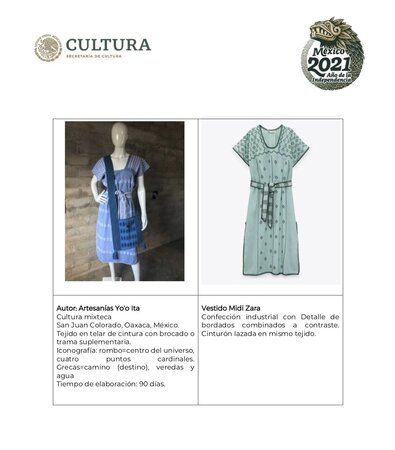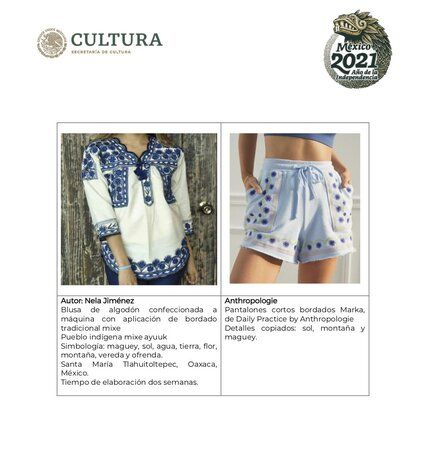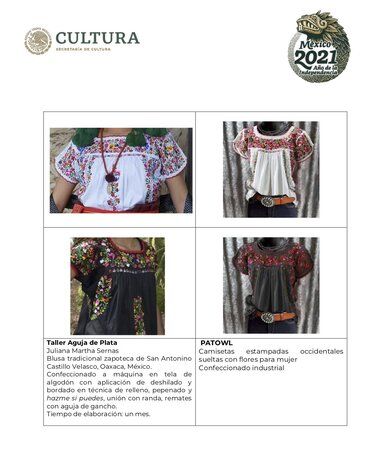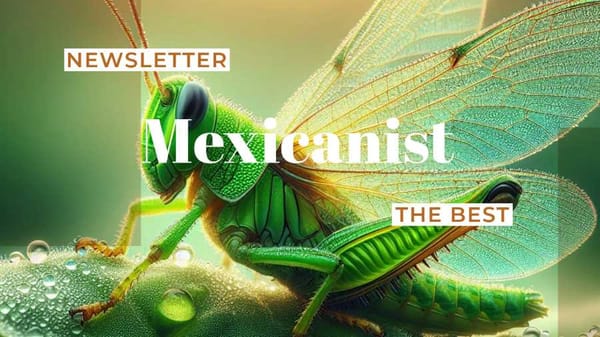Mexico accuses Zara, Anthropologie, and Patowl of cultural appropriation
The Mexican government sends letters to the three companies to question "on what grounds a collective property is being privatized".

The Mexican government presided over by Andrés Manuel López Obrador, has demanded explanations from clothing brands Zara and U.S. brands Anthropologie and Patowl for using cultural elements of indigenous peoples in their collections, alleging "cultural misappropriation", the Ministry of Culture reported.
The institution sent letters to the three companies calling on them to publicly clarify "on what grounds a collective property" belonging to several indigenous peoples of the southern state of Oaxaca is being privatized, and to indicate which "benefits will be retributed to the creative communities".
"This is a principle of ethical consideration that, locally and globally" obliges to call attention to and discuss "an issue that cannot be postponed, such as protecting the rights of native peoples who have historically been made invisible", state the letters, dated May 13 and signed by the Secretary of Culture, Alejandra Frausto.
In the case of Zara, owned by the Inditex group, the complaint refers to the so-called Midi dress with a belt that takes elements from the Mixtec culture, specifically from the huipiles made in the Oaxacan municipality of San Juan Colorado.

With Anthropologie, the garment accused of impropriety is the Marka embroidered shorts, which contain distinctive details of the culture and identity of the Mixe people of Santa María Tlahuitoltepec. Patowl, on the other hand, made several printed T-shirts from its Tops collection, making "a faithful copy" of the traditional clothing of the Zapotec people of the community of San Antonino Castillo Velasco, according to the secretariat.
In the letters, Frausto invites the brands to work respectfully with the communities without undermining "the identity and economy of the people" and with adherence to a "fair trade" that treats indigenous creators, entrepreneurs, and designers equally. In November last year, Mexico raised the same claim to French fashion designer Isabel Marant, who later offered apologies to the country's government and an indigenous community in Michoacán (west).

In 2019, the office of Culture also claimed to the firm of Carolina Herrera, a Venezuelan designer based in the United States, to have replicated colorful embroidery typical of the community of Tenango (center). Rapsodia and the Spanish company Mango have also been accused of appropriating designs from Mexico, which has 56 ethnic groups and an important wealth of handicrafts, including textiles and embroidery.




